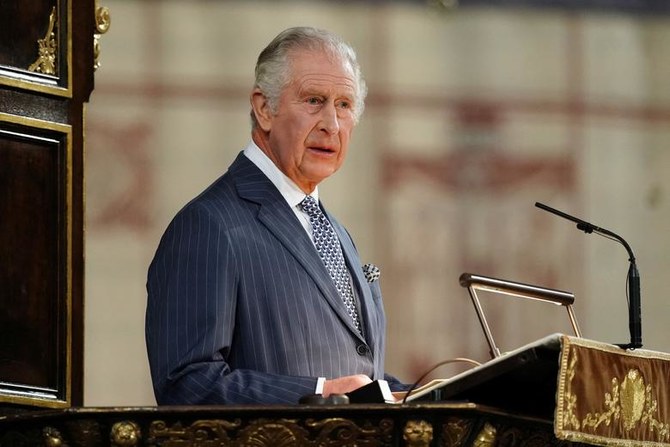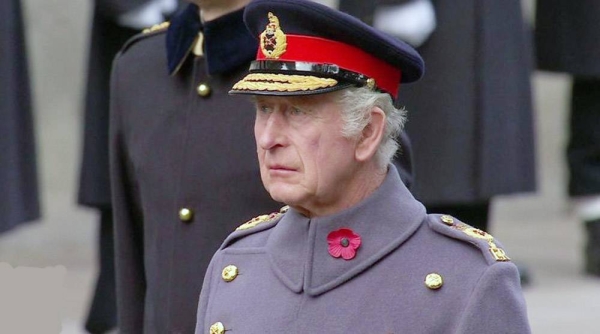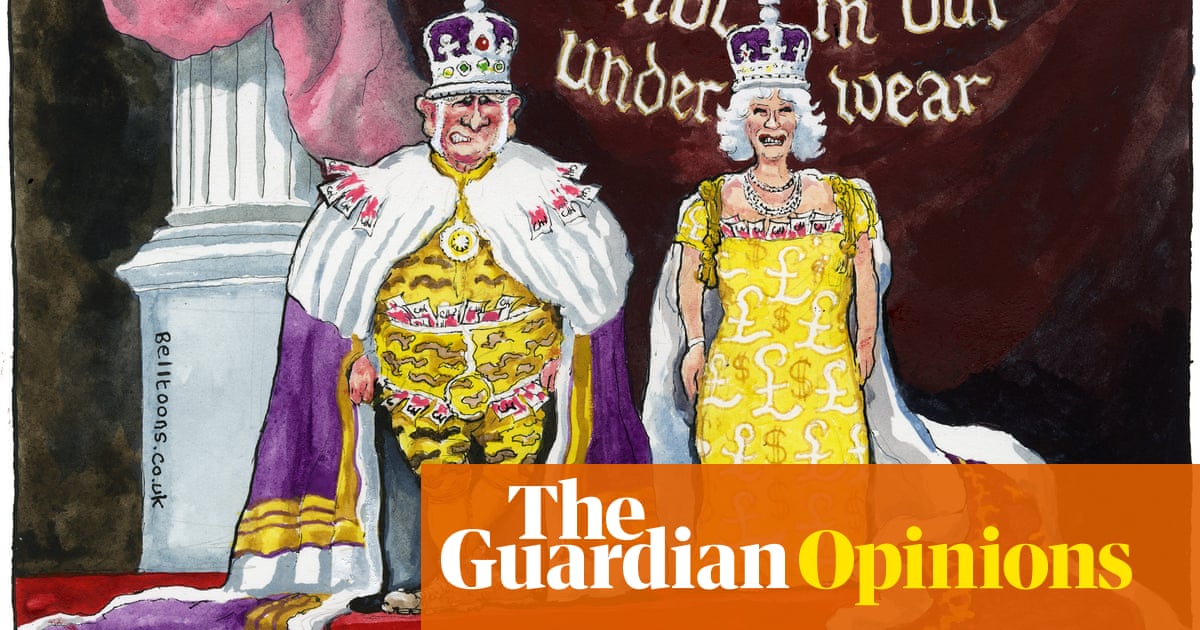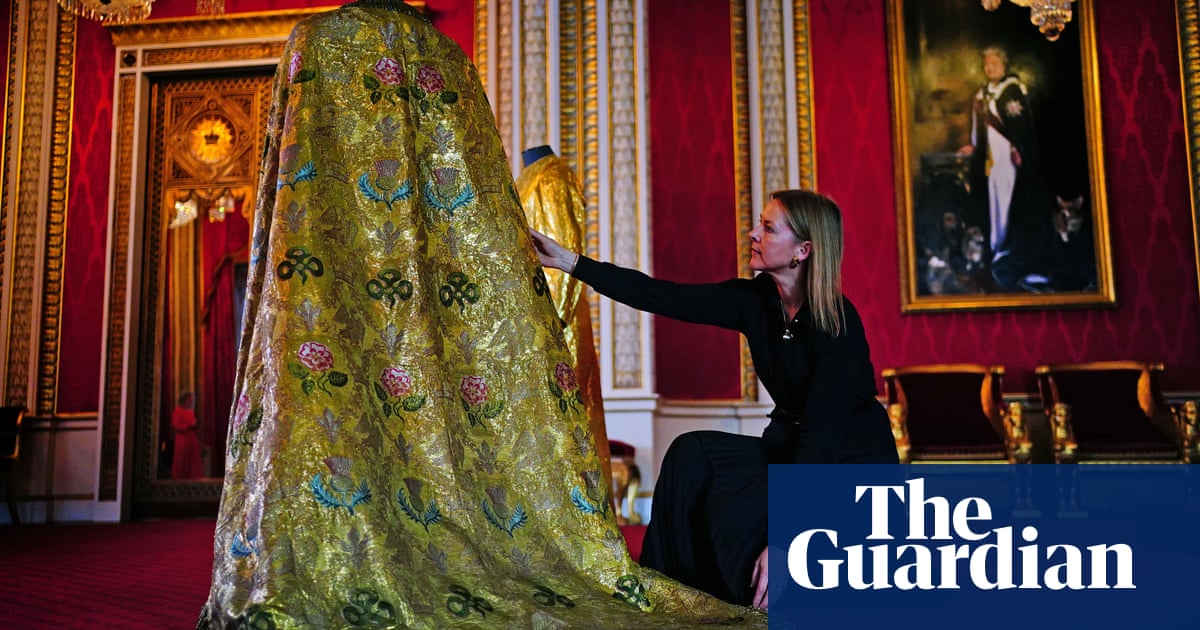
The coronation of King Charles on Saturday formalizes a new era in British and Commonwealth history. However, while many citizens welcome the new monarch, his reign could see a much rockier period than that witnessed during the long and successful Elizabethan age.
It is partly for this reason that Buckingham Palace is keen to ensure that this weekend’s events go as smoothly as possible. The kickoff is on Saturday, when Westminster Abbey will take center stage as King Charles is crowned, before embarking on a procession back to the palace in the Gold State Coach. Sunday will see a major pop concert at Windsor Castle, with headline acts including Lionel Richie, Katy Perry and Andrea Bocelli. Monday, by contrast, will be a tribute to King Charles’ lifetime of public service in a “Big Help Out,” which will use volunteers from some 1,500 charities and local communities to create a legacy from the weekend.
Given the importance of the Commonwealth, King Charles is also carrying out a series of engagements with a focus on ties with the 56-member club, whose populations total some 2.4 billion. He has, for instance, accepted the role of commissioner-in-chief of the Royal Canadian Mounted Police and watched the Australian Defence Force charity begin the London leg of a torch relay in celebration of its centenary.
Amid these extensive preparations, one key factor that cannot be controlled is the erratic English spring weather, which is forecast to be dull and damp, with the possibility of strong winds blowing in. Whether or not that proves an accurate guide, it could well hint at the prospects for King Charles’ wider reign in the coming years.
His coming to the throne, after the record-breaking reign of his mother, is shining a spotlight on the uncertain future of not just the monarchy, but also the wider UK and Commonwealth. King Charles does not (yet at least) have the powerful unifying quality that his mother, Queen Elizabeth, had over much of the last few decades.
While King Charles has the potential to grow into the role, he is already 74, an age at which many people have already fully retired, and he came to power as the oldest ascending monarch in British history. So there are very real questions about whether he will have the energy in the coming years to make his mark as king.
There are very real questions about whether he will have the energy in the coming years to make his mark as king.
Andrew Hammond
Whereas his mother enjoyed a seven-decade reign, having assumed the throne at the age of 25, King Charles may have only a decade or two to create a lasting impact. This might be a tall order. Also, the personal popularity of King Charles is lower than his mother’s was — and it is even below that of his own heir, William. It is for this reason that some polls show that a significant body of the UK public would have preferred the monarchy to have skipped a generation, bypassing King Charles and going straight from Queen Elizabeth to William.
While the standing of King Charles could improve over time, this leaves open the significant possibility that the royal family could become less popular during his reign. This is not just true in the UK, but also in Commonwealth nations such as Australia, where there is already active debate about transitioning to a republic from the current constitutional monarchy, with the monarch, represented by the governor-general, as the official head of state.
It is also possible that the continued union of England, Scotland, Wales and Northern Ireland could suffer from a less popular UK head of state. As much as Queen Elizabeth was a stabilizing force for many people, the UK appears to be increasingly divided on geographic lines. This is especially so given the significant number of people who now favor independence for Scotland. There are also growing signs of political change in Northern Ireland, with the nationalist Sein Fein party, which favors unification of the island of Ireland, becoming the largest single party in last May’s Stormont elections.
Beyond the debates about the Commonwealth and the UK, there is also significant uncertainty over the future of the monarchy itself. Amid the high esteem that Queen Elizabeth was held in, it is sometimes forgotten that she suffered bouts of significantly decreased popularity. The 1990s were particularly troubled, with 1992 her self-described “annus horribilis.” That year saw the marriages of three of her children, including Charles, disintegrate. The new king’s popularity has still not fully recovered from this, given the high regard in which the public held his late ex-wife Diana.
Nonetheless, there is no inevitability that the reign of King Charles will flatline and he could yet surprise many people. There continues to be much British and wider international fascination with the UK monarchy and, even during the challenges of the Elizabethan era, less than a quarter of the UK population wanted a republic, with many believing it is better to have a non-divisive, apolitical head of state.
So much now depends on the skill King Charles now shows. This will have implications not just for the monarchy, but also the wider UK and Commonwealth. He would do well to learn from the astuteness his mother showed of being seen as a force for stability, while also setting a roadmap for reform so as to allow the royal family to continue to evolve to meet the changing social, political and economic contours of the 21st century.
Andrew Hammond is an Associate at LSE IDEAS at the London School of Economics.












